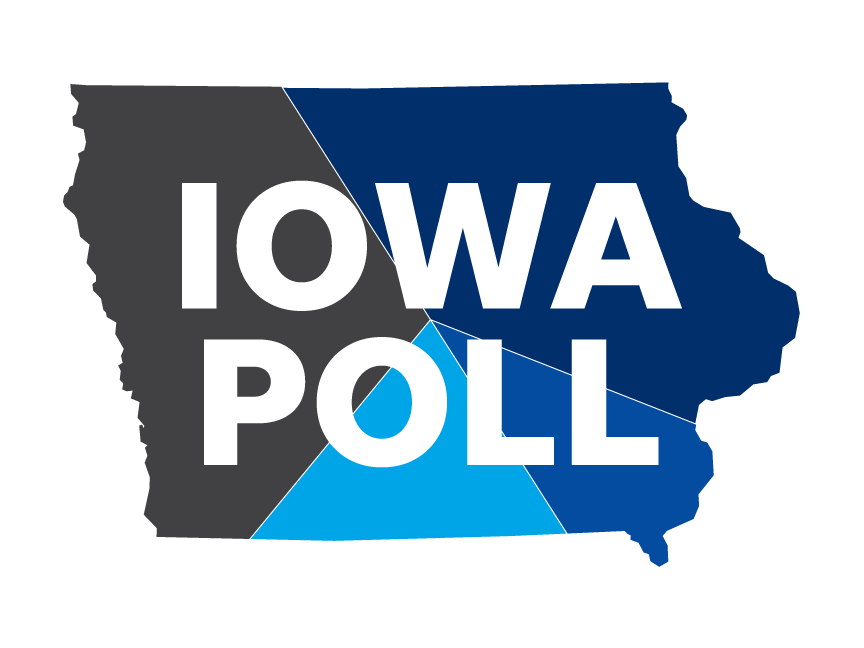
For the first time in a Times/Siena national poll, Democrats’ share of support from white college graduates was higher than for nonwhite voters - a remarkable sign of the shift in political energy in the Democratic coalition. There are signs of a shifting racial coalition. Inflation and the economy are dragging Democrats down among working-class voters - perhaps notably among Hispanic Americans - while issues like guns, abortion rights and threats to democracy are motivating the party’s white college-educated voters.

That trend is not stopping, the poll shows. In recent years, Democrats have made gains among well-educated voters while Republicans have made gains among voters without a college degree.

Sixty-five percent said they thought abortion should be completely or mostly legal, up from 60 percent in the last Times/Siena poll that asked about the issue, in September 2020.Ĭlass polarization continues. Support for abortion rights is up in the wake of the Supreme Court’s decision to overturn Roe v. It’s a big change from earlier in the cycle, when immigration, crime and questions about school curriculums seemed likely to dominate the campaign - and help Republicans. Around 30 percent of voters combined said topics related to guns, abortion and democracy were the most important problem facing the country, and Democrats had a wide lead among these voters. The news has been bad for Democrats, from recent court rulings to their frustrations in trying to stop mass shootings, but for the moment it may be helping the Democratic Party. That’s a little surprising, given expectations of a Republican landslide this year. The midterm race starts out close, with voters nearly evenly divided on the generic congressional ballot (voters are asked whether they prefer Democrats or Republicans to be in control of Congress). What was surprising: Ten percent of respondents volunteered that they would not vote at all or would vote for someone else if those were the two candidates, even though the interviewer didn’t offer those choices as an option. Trump in a hypothetical 2024 matchup, 44 percent to 41 percent. Many voters do not want to see a 2020 rematch. Trump may still be the front-runner, but the polls increasingly look more like the early surveys from the Democratic primary in 2008 - when Hillary Clinton found herself in an extremely close race and ultimately lost to Barack Obama - than the polls ahead of the Democratic primary in 2016, when she won a protracted battle against Bernie Sanders. Ron DeSantis of Florida is already at 25 percent in an early test of the Republican primary. Please let us know if you're having issues with commenting.Gov. Under Biden, American citizens have suffered with 40-year-high inflation, record high gas prices, the deadly Afghan withdrawal, and a surge in migrants crossing the southern border.įollow Wendell Husebø on He is the author of Politics of Slave Morality. Seventy-four percent say its going down the wrong track. The midterm polling comes as only 22 percent of voters say Biden’s America is headed in the right direction. In March, Republicans were also favored by two points (46-44 percent). When voters were asked, “What is your preference for the outcome of this November’s congressional elections?” 47 percent chose Republicans.

In contrast, only 51 percent of voters were very interested in the midterms in August of 2018. That number increased in August to 58 percent. In March, only 47 percent of voters were very interested in the midterms. While Biden’s approval rating remains low, voters have become more interested in the midterm elections. The poll sampled 1000 registered voters from August 12-16 with a 3.1 point margin of error. Forty-four percent of voters strongly disapproved, handing Biden a net -26 percent approval rating among those who have strong feelings about Biden. Only 18 percent of voters strongly approved of Biden. The media’s agenda is contradicted by polling. “But a streak of victories on Capitol Hill in recent weeks… has bolstered the White House incumbent’s claims to a successful first 18 months in office, and set the stage for a possible political rebound,” the paper claimed. “For months, Joe Biden’s presidency has been suffering from weak approval ratings, doubts about his viability for a second term in office and criticism over his incomplete legislative record,” the Financial Times reported in August. Biden’s net approval rating is -13 percent.ĭespite the establishment media publishing article that makes it seems Biden is making a political rebound, NBC polling found Biden’s net approval rating was also -12 in May and -13 in March.

The poll found only 42 percent approved of Biden, while 55 percent disapproved of him.


 0 kommentar(er)
0 kommentar(er)
